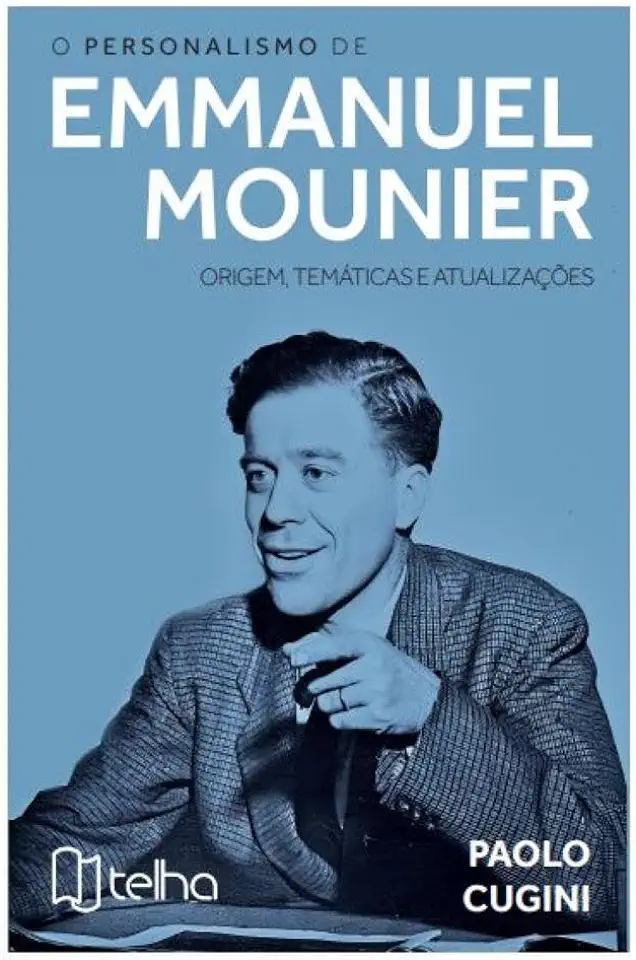
Personalism - Emmanuel Mounier
Personalism: A Philosophy for the 21st Century
In a world increasingly divided by conflict and inequality, Emmanuel Mounier's philosophy of personalism offers a timely and inspiring vision for a more just and humane society. Mounier argues that the human person is not simply an individual, but a being-in-relation, whose identity is shaped by our relationships with others. This relational understanding of the person leads Mounier to develop a social and political philosophy that emphasizes the importance of community, solidarity, and dialogue.
The Human Person as a Being-in-Relation
Mounier's philosophy begins with the human person. He argues that the person is not simply an isolated individual, but a being-in-relation. Our identity is shaped by our relationships with others, and we can only truly flourish in community. Mounier writes, "The person is not a closed universe, but an open being, turned toward others, and whose vocation is to transcend himself in love and communion."
This relational understanding of the person has important implications for our social and political life. It means that we cannot simply focus on our own individual interests, but must also consider the needs of others. We must work together to create a more just and humane society, where everyone can flourish.
Community, Solidarity, and Dialogue
Mounier argues that community is essential for human flourishing. He writes, "Community is not simply a collection of individuals, but a living organism, a body of persons united by a common spirit and a common destiny." Community provides us with a sense of belonging and purpose, and it helps us to develop our full potential.
Solidarity is another key concept in Mounier's philosophy. Solidarity is the bond that unites us with others in a common struggle for justice and human dignity. Mounier writes, "Solidarity is not simply a feeling of pity or compassion, but a commitment to action, a willingness to fight for the rights of others."
Dialogue is essential for building community and solidarity. Dialogue is a process of open and honest communication, in which we listen to each other and try to understand each other's perspectives. Mounier writes, "Dialogue is not simply a matter of exchanging ideas, but of sharing our lives, our hopes, and our dreams."
Personalism in Action
Mounier's philosophy of personalism has been put into practice by a variety of individuals and organizations around the world. Personalism has inspired social movements for justice and peace, as well as educational institutions and community development projects.
One example of personalism in action is the work of the Catholic Worker movement. The Catholic Worker movement was founded in 1933 by Dorothy Day and Peter Maurin. The movement is based on the principles of personalism, and it works to provide food, shelter, and clothing to the poor and homeless. The Catholic Worker movement has also been active in the fight for social justice, and it has played a role in many social movements, including the civil rights movement and the anti-war movement.
Another example of personalism in action is the work of the personalist educational movement. The personalist educational movement is based on the belief that education should be focused on the development of the whole person, not just the intellect. Personalist schools emphasize the importance of community, solidarity, and dialogue, and they seek to create a learning environment that is conducive to personal growth and development.
Conclusion
Emmanuel Mounier's philosophy of personalism offers a timely and inspiring vision for a more just and humane society. Mounier's insights into the human person, community, solidarity, and dialogue are essential for anyone who wants to build a better world.
If you are interested in learning more about personalism, I encourage you to read Mounier's works. His most important works include Personalism (1932), Revolution and Person (1937), and Be Not Afraid (1941). You can also find more information about personalism on the website of the International Mounier Society.